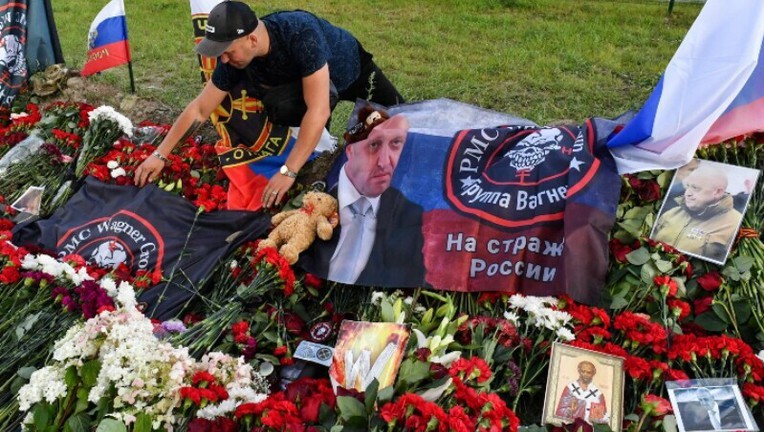The sudden demise of Yevgeny Prigozhin, the charismatic leader of the infamous Russian paramilitary group Wagner, in a plane crash has left a leadership void that echoes through the halls of power. Yet, paradoxically, the legacy and influence of Wagner Group are poised to outlive its chief’s tragic death. This report delves into the multifaceted impact of the Wagner Group, exploring the potential ramifications both domestically and internationally.
Influence That Transcends Mortality
The reported plane crash that claimed the lives of not only Prigozhin but also his co-founder and key associates has shaken the foundation of the Wagner Group. However, analysts assert that the group’s profound influence is far from extinguished. Wagner Group, as a Private Military Company (PMC), has etched its name in global conflicts, stretching from Africa and the Middle East to the turbulent landscape of Ukraine. It’s a testament to its potential reach beyond Russia’s borders, all while stoking political turmoil within.
A New Era of Mercenary Power
The rise of Wagner Group showcased the evolving dynamics of modern warfare. With the ability to project military power across borders and intervene in foreign conflicts, PMCs like Wagner altered the geopolitical landscape. The Wagner Group’s involvement not only highlighted the prowess of mercenaries but also raised concerns about the extent of its domestic influence, posing challenges to the established political order.
Ripples in the Mercenary Realm
While the demise of Wagner’s leadership is a significant blow, experts predict that its legacy will inspire the emergence of new players in the PMC arena. This transition might involve rebranding and the division of entities within the Wagner orbit. The vacuum left by Wagner’s downfall could birth a diversified marketplace of PMCs, with closer oversight from the Kremlin. The June mutiny that exposed the dangers of centralized power seems to have prompted the Russian government to recalibrate its approach.
Unfolding Narratives of Change
Amid the unfolding aftermath, several new PMC entities are quietly emerging, such as Redut, Convoy, and Patriot. Although these groups currently lack the prominence and success of Wagner, they follow a similar blueprint. These nascent entities are linked to the GRU Russian military intelligence and even incorporate defectors from Wagner. The landscape is shifting, as these groups aim to fill the void left by Wagner’s absence.
Legacy of Contention
Beyond its military endeavors, the Wagner Group held an enigmatic aura that resonated with some far-right movements within Russia’s military circles. Prigozhin’s perceived commitment to his fighters garnered respect, setting him apart from the detached military leadership. However, the legacy is complex, embodying both admiration and skepticism toward the Russian elite.
Tenuous Transition
As the Kremlin actively takes measures to reshape and monitor the remnants of Wagner, the likelihood of another rebellion may seem remote but not impossible. The vacuum created by Wagner’s demise is being carefully managed, with potential flashpoints kept under close scrutiny. The evolving landscape, marked by the rise of new entities, underscores the fluid nature of power and influence in the realm of PMCs.
While the plane crash that tragically claimed Yevgeny Prigozhin’s life marked the end of an era for the Wagner Group, its influence is poised to endure. The legacy of this enigmatic PMC, its participation in global conflicts, and its impact on Russia’s domestic dynamics will continue to shape the world stage, navigating the intricate balance between mercenary power and geopolitical stability.















